Gas stoichiometry: the art of precision measurements
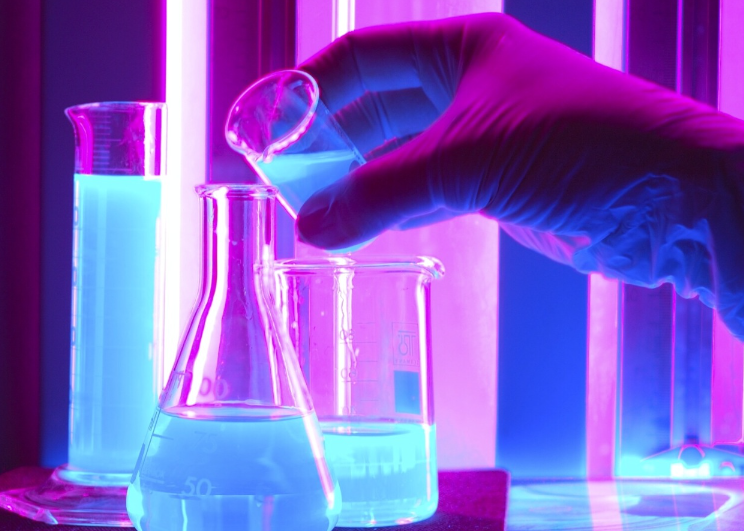
Gas stoichiometry: the art of precision measurements
The study of the chemical behavior of gases was part of the basis of perhaps the most fundamental chemical revolution in history. The French nobleman Antoine Lavoisier, considered the father of modern chemistry, changed chemistry from a qualitative to a quantitative science through his work with gases. He discovered the law of conservation of matter, discovered the role of oxygen in combustion reactions, determined the composition of air, explained respiration in terms of chemical reactions, and more.
Gas stoichiometry is a fundamental concept in chemistry that involves the study of the quantitative relationships between reactants and products in chemical reactions involving gases. This involves the use of mathematical calculations to determine the amount of reactants needed to produce a given amount of product, or to determine the amount of product produced from a given amount of reactant, is essential to understanding the behavior of gases at different temperatures. conditions and is used in a wide range of applications, from industrial processes to environmental monitoring.
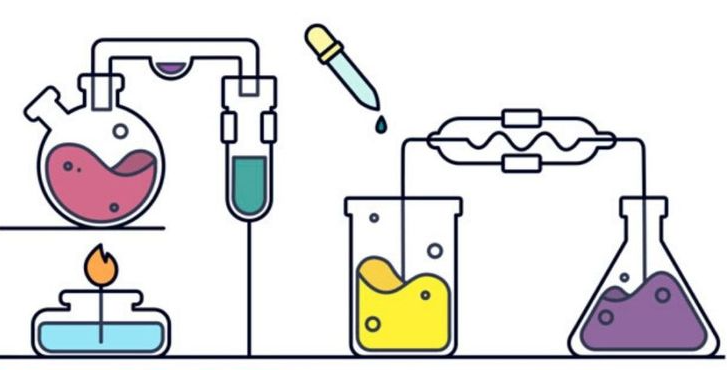

This is important because the number of reactants used and the amount of product produced in a chemical reaction is critical to understanding the reaction. The principles of gas stoichiometry involve balancing chemical equations and using gas laws to determine the amount of reactants required, the amount of product produced, and the volume and pressure of gases involved in a reaction.
Let’s watch the next video and see the application of gas stoichiometry!
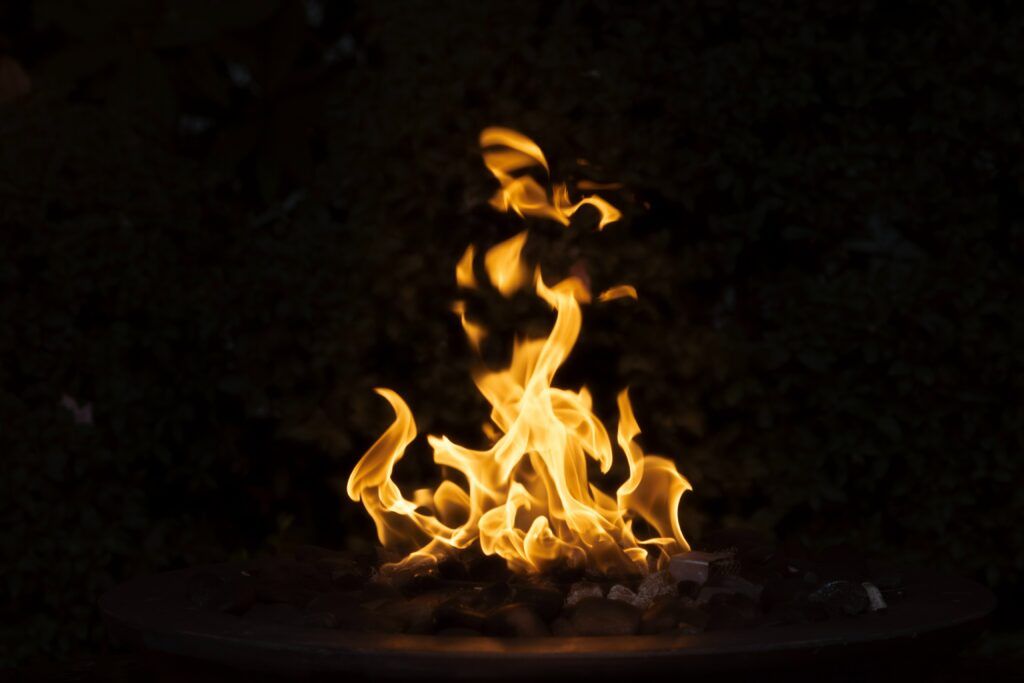

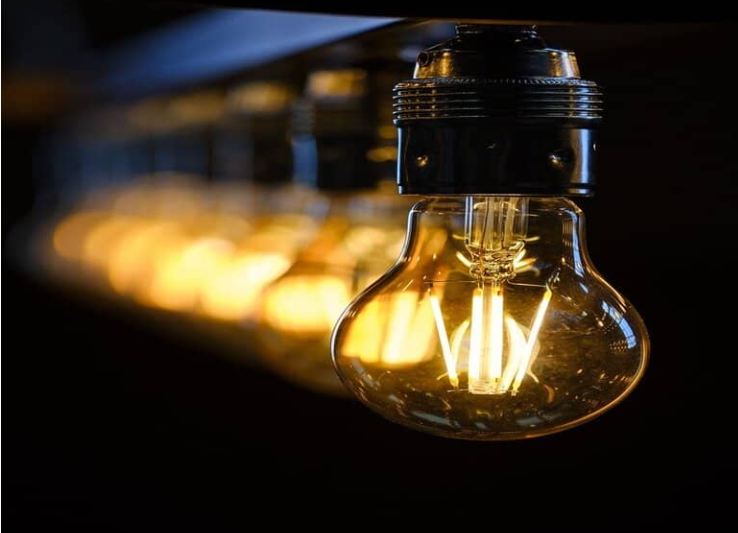
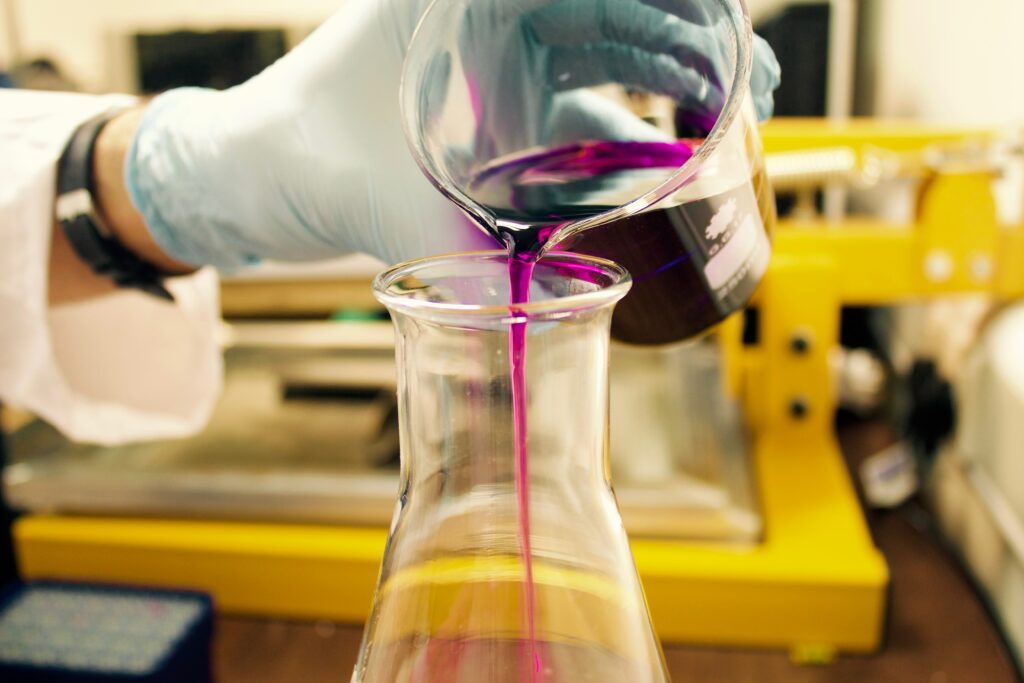
Responses